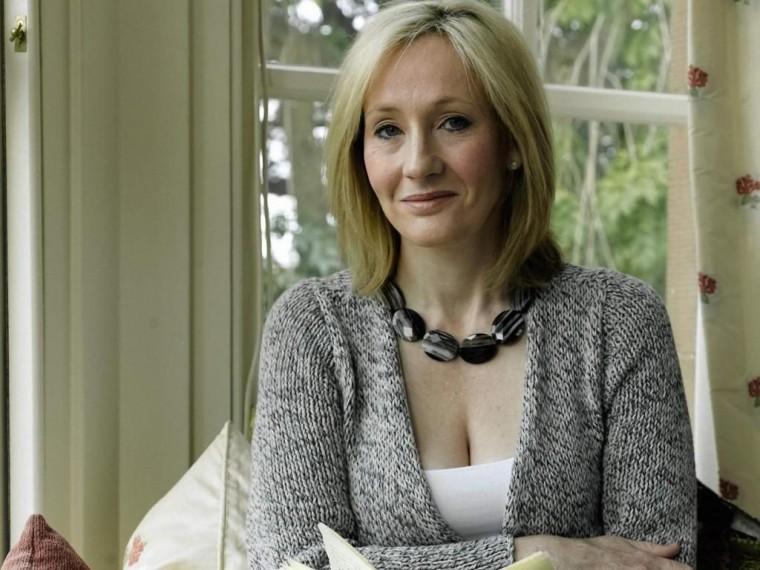Vacancy filled for Rowling fans
April 18, 2012
J.K. Rowling is one step closer to filling “The Casual Vacancy” in the hearts of “Harry Potter” fans around the world.
While Twitter and the news media outlets were consumed with the Hilary Rosen/Ann Romney revitalization of the mommy wars, die hard Potter heads received the most exciting news since the defeat of the Dark Lord.
Little, Brown publishing group announced new details of Rowling’s first post-Potter novel last Thursday including a title, “The Casual Vacancy” and the release date of Sept. 27 of this year.
Described as “blackly comic, thought-provoking and constantly surprising” by critics, Rowling’s first novel for adults will focus on the seemingly idyllic town of Pagford as a local election for the parish council, brought upon by the untimely death of councilman Barry Fairweather, ignites a war between the small town’s inhabitants.
Little, Brown, you had me at J.K. Rowling.
Is it just me or would fellow Potter heads read a book about the economy of Myanmar if it was written by Rowling?
I was lucky enough during my freshman year to take a course titled “Harry Potter and His Tradition: Power, Politics and Religion” which, as you would assume, is the best class I have taken during my three years at Iona. Not simply because we read the “Harry Potter” series-we read many other children’s books as well- but because reading the “Harry Potter” series as an adult is a completely different experience than reading the books as a child.
Like many readers, I began the series when I was eight years old and finished the final installment during a “lock myself in my room until I finish it” period when it came out on July 21, 2007. Then, the books were more about the magical world of Hogwarts, the friendships between Harry, Ron and Hermione, and ultimately the triumph of good over evil and the power of love.
While those are the foundations of the series as a whole, what I discovered by rereading the series as an adult with a more informed sense of the world was the politics of the novel in the form of the Ministry of Magic as a critique of authoritarian governments, the parallels that could be drawn between post 9/11 society and the terror occurring in Rowling’s later novels and a myriad of other concepts far beyond the mind of a child.
Because of this, I find it funny that Rowling’s new novel is consistently referred to as her “first novel for adults.”
Sure, the Potter series was targeted towards children- just go back and look at her writing style in “The Sorcerer’s Stone”-but the line between the genre of “children’s book” and more “young adult” or “adult” certainly seems to blur at the opening of “Goblet of Fire.”
Such a blur can be seen today with Suzanne Collins’ “The Hunger Games” trilogy as I still cannot understand how I went to see the midnight premiere of the first installment surrounded by children between the ages of 10 and 12. Again, the story is certainly one that children can enjoy, but it is presumably adults who have a better grasp on Collins’ commentary on the nature of war that pervades the trilogy.
At the conclusion of the Harry Potter course, my professor posed the question, “Are the books we have covered throughout the semester children’s books?” And if I remember correctly, she also posed this question at the start of the course only to be answered with an overwhelming chorus of “yes.”
Yet, at the course’s conclusion, the answer became far from black and white. While novels such as the “Harry Potter” series, “The Hunger Games” trilogy or Philip Pullman’s “His Dark Materials” trilogy are coming of age stories with protagonists to which children can relate, the intricacies of the worlds in which the novels are set are allusions to parts of our society that children may not at first understand, but adults will recognize as a commentary of our conflicted world.
What do you think, Gaels? Do you think these popular children’s series are better understood by their adult fans? Or am I reading too much into these plots?
Oh, and thank you to DW who shed new light on the “Harry Potter” series and created the obsessed fan that I am today.
To contact The Ionian’s Amanda Kelly, e-mail her at [email protected]







